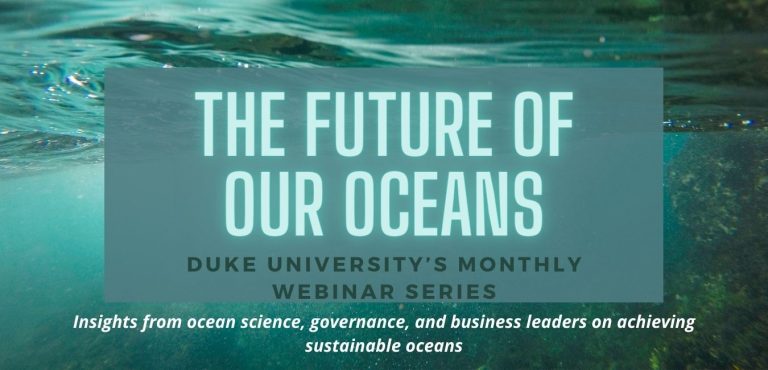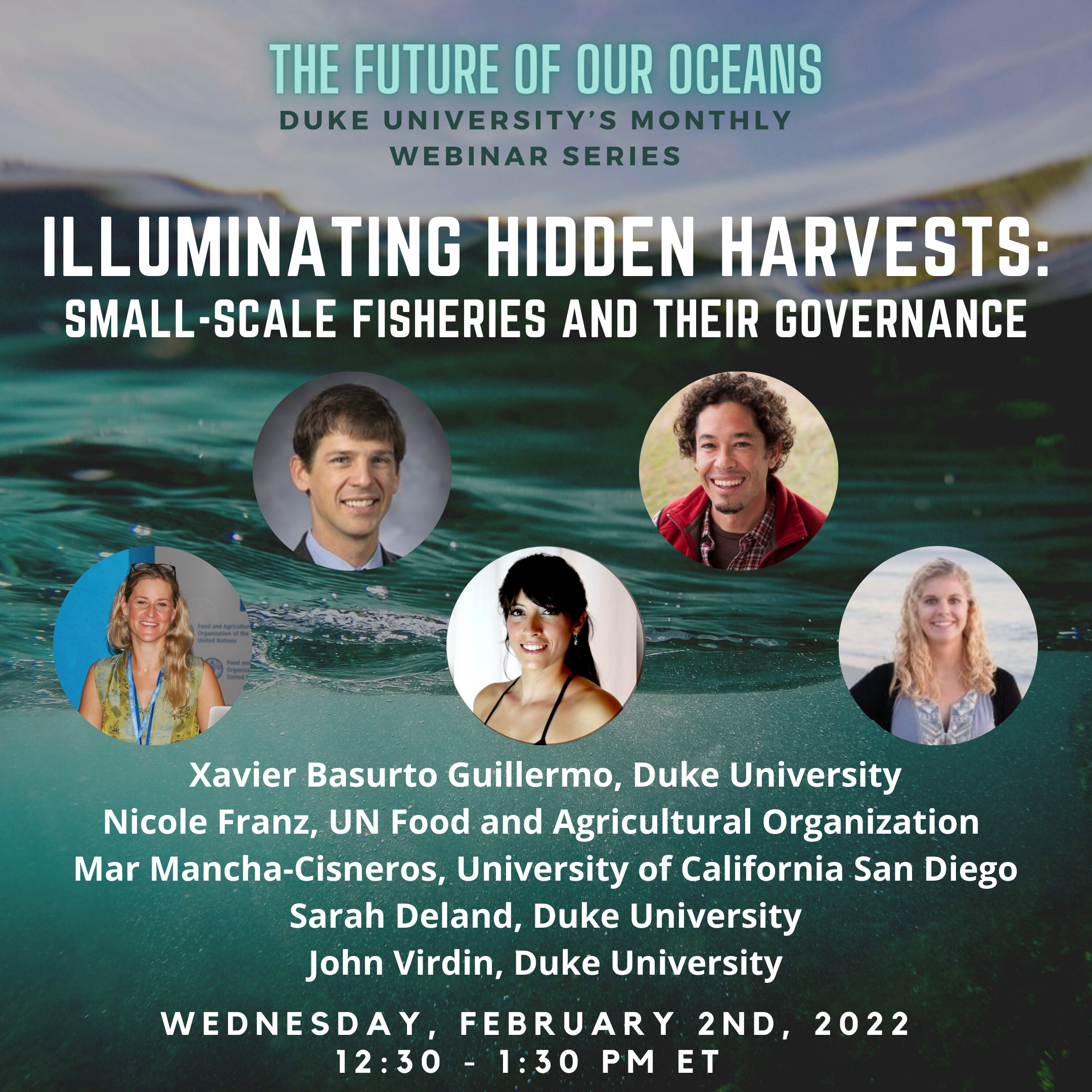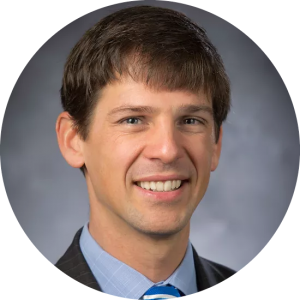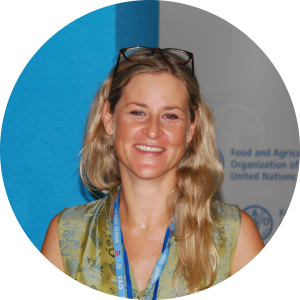

Illuminating Hidden Harvests: Small-scale Fisheries and their Governance
with Xavier Basurto Guillermo, Nicole Franz, Mar Mancha-Cisneros, Sarah DeLand, and John Virdin
Wednesday February 2nd, 2022 from 12:30-1:30 PM ET.
Small-scale fisheries are one of the oldest and still most prevalent ocean uses and food production systems. However, their contributions to society have been difficult to measure and often underappreciated by decision-makers. Here we share some of the preliminary findings of the Illuminating Hidden Harvests assessment of the contributions of small-scale fisheries to sustainable development, led by FAO, WorldFish and Duke University. We shine a spotlight on recent and ongoing research on the governance of these fisheries, and the extent to which governments are securing their access in law (preferring/reserving zones of the sea for these fisheries).
WATCH THE RECORDING
FEATURED SPEAKERS

John Virdin has a total of over twenty years’ experience in studying and advising government policies to regulate human use of the oceans, particularly marine conservation policies to reduce poverty throughout the tropics. His focus has been largely on managing fisheries for food and livelihoods, expanding to broader ocean-based economic development policies, coastal adaptation and more recently reducing ocean plastic pollution. He directs the Oceans and Coastal Policy Program at the Nicholas Institute for Environmental Policy Solutions, aiming to connect Duke University’s science and ideas to help policy-makers solve ocean sustainability problems. He has collaborated in this effort with the United Nations Food and Agriculture Organization and the United Nations Environment Program, as well as regional organizations such as the Abidjan Convention secretariat, the Organization of Eastern Caribbean States, the Sub-Regional Fisheries Commission of West Africa and the Parties to the Nauru Agreement for tuna fisheries management in the Western Pacific. He co-created and teaches an introductory course for undergraduate students to understand the role of ocean policy in helping solve many of society’s most pressing development challenges on land. His work has been published in books, edited volumes and a number of professional journals, including Nature Ecology and Evolution, Ecosystem Services, Environment International, Fish and Fisheries and Marine Policy, as well as contributing to China Dialogue, the Conversation, the Economist Intelligence Unit and the Hill.
Prior to coming to Duke in early 2015, he worked for 12 years at the World Bank, helping the organization increase its funding for ocean conservation and fisheries management to more than $1 billion. His work led to the development of programs that provided more than $125 million in funding for improved fisheries management in six West African states and some $40 million for fisheries and ocean conservation in a number of Pacific Island states. He supported and acted as program manager for the World Bank’s Global Partnership for Oceans, a coalition of more than 150 governments, companies, non-governmental organizations, philanthropies and multilateral agencies from 2012 through 2014.

Nicole Franz is a development economist with 18 years of experience in intergovernmental organizations. She holds a Master in International Cooperation and Project Design from University La Sapienza, Rome and a Master in Economic and Cultural Cooperation and Human Rights in the Mediterranean Region. From 2003 to 2008 she was a consultant for the Food and Agriculture Organization of the United Nations (FAO) and the International Fund for Agricultural Development (IFAD). In 2009-10 she was Fishery Planning Analyst at the Organization for Economic Cooperation and Development (OECD) in Paris, focusing on fisheries certification. Since 2011 she works for the FAO Fisheries Division where she coordinates the implementation of the Voluntary Guidelines for Securing Sustainable Small-Scale Fisheries in the Context of Food Security and Poverty Eradication (SSF Guidelines) with a focus on inclusive policy processes and stakeholder empowerment. Since 2021 she leads the Equitable Livelihoods team.

Mar Mancha-Cisneros is a fisheries management scientist and institutional scholar working at the interface of ecology, social sciences, resource management, and policy. Her work is aimed towards developing creative, pragmatic solutions that promote marine resource sustainability and increase the resiliency of fishing communities. She obtained her PhD from Arizona State University where she explored the interdependencies between social, economic, natural, and institutional processes affecting marine reserve implementation and performance efficacy in the context of small-scale fisheries in the Gulf of California, Mexico. As Postdoctoral Associate at Duke University and Technical Lead of the Illuminating Hidden Harvests project, she helped develop the methodology for data collection and analysis to expand our knowledge on the contributions of small-scale fisheries to the achievement of the Sustainable Development Goals, globally. She is currently the Sustainable Seafood Project Manager at the Center for Marine Biodiversity and Conservation at Scripps Institution of Oceanography in San Diego, CA.

Sarah DeLand joined the Marine Geospatial Ecology Lab as a research associate in 2017, after earning a Master’s of Coastal Environmental Management at Duke’s Nicholas School of the Environment. She has since worked on a variety of projects within MGEL, focusing on her interests in geospatial analysis, data provisioning, and cartography. Her work has been applied to marine spatial planning efforts both nationally and internationally, including the designation of Biologically Important Areas for cetaceans within US waters, describing Ecologically or Biologically Significant Areas in the Baltic Sea and Northeastern Atlantic Ocean, and identifying areas in need of protection in the Northwest Pacific Ocean and along the Mid-Atlantic Ridge for the International Seabed Authority ahead of deep-sea mining. She has also worked extensively on the Migratory Connectivity in the Ocean initiative to identify and map area use for marine species.

Xavier Basurto Guillermo completed a M.S. in natural resources studying small-scale fisheries in the Gulf of California, Mexico. Realizing the need to bring social science theories into his work on common-pool resources sustainability, he earned an MPA and a Ph.D. in Management (with a minor in cultural anthropology) from the University of Arizona and under the supervision of Edella Schlager. He spent two years working with Elinor Ostrom, 2009 co-winner of the Nobel Prize in Economics, at the Workshop for Political Theory and Policy Analysis of Indiana University. Methodologically, he is familiar with a variety of quantitative and qualitative approaches and formally trained to conduct Qualitative Comparative Analysis (QCA or more recently fsQCA), that allows among other things, systematic comparisons of middle range N sample sizes and address issues of multiple-causality.
SUPPLEMENTAL RESOURCES
Join Our Email List
Sign up to receive announcements and reminders about upcoming events from Oceans@Duke.